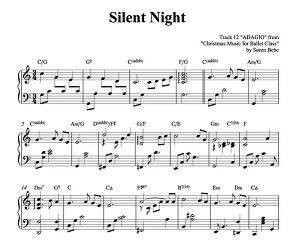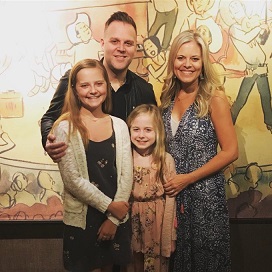This is mark Joseph “young” blog entry #398, on the subject of New 2021 Face Mask Rules in New Jersey.
As of Friday, May 28, 2021, Governor Murphy has lifted many of the enforced COVID-19 restrictions that have been in place over the past year–but not all of them.
Last year, on the day before Halloween, we went to a costume store and they told us we had to wear masks.
O.K., that’s probably the last opportunity I will have to tell that joke, so I hope someone giggled.
I am among those who thought the restrictions were a bit too strong. For example, CDC guidelines stated that respiratory patients such as asthmatics and people with COPD should not wear masks due to the danger of hypoxia, but only some facilities had signs suggesting that persons with relevant medical conditions were excused. Also, there is good reason to believe that anyone who had the virus and beat it was thereafter both as immune and as non-contagious as someone who had been vaccinated, but no credit was given to that and persons who had been infected were still vaccinated despite evidence that such people had more severe reactions to the vaccines. But reason is returning to New Jersey.
Speaking of reason, although there will not be legal enforcement, the governor has expressed his hope that those who have not been fully vaccinated (two weeks after the final vaccination injection of any version of the vaccine) would continue to exercise precautions including masks and social distancing. I find this a bit amusing. Granted that there are people who have been thus far unable to obtain a vaccine, I am inclined to think that many of those who have chosen not to be vaccinated believe that the entire virus story is a scam and precautions are nonsense. However, that is the hope.
At the same time, not all restrictions have been lifted, and they are not all being lifted simultaneously. Here are some of the highlights.
- The state no longer requires the wearing of masks in public spaces, such as retail stores, restaurants, bars, theaters, and similar establishments. However, businesses with public areas are permitted to retain such restrictions if they desire. So it might be that your local grocery store will want you to be masked and observe social distancing, and they are allowed to require that, but the state no longer mandates that they do.
- Similarly, social distancing is no longer required in a long list of public facilities and functions, including retail stores, personal care services, gyms, recreational and entertainment businesses, casinos, and indoor gatherings including religious services, political activities, weddings, funerals, memorial services, commercial gatherings, catered events, sports competitions, and performances. However, once again businesses overseeing these facilities can retain the restrictions if they wish.
- During this crisis it has been unlawful to order food or to eat or drink while standing in bars and restaurants. That restriction has also been lifted.
These restrictions have all been terminated as of Friday, May 28th, 2021. There have also been gathering size limits on all indoor gatherings, set according to the type of gathering and the size of the venue, but all these are lifted as of June 4th, 2021, restoring all venues to their licensed capacity limits.
Now for those restrictions which have been retained.
- Masks are still required in all health care facilities, including long-term care (e.g., nursing homes), medical offices (e.g. doctor visits, physical therapy, labs), and hospitals. This is consistent with CDC (Center for Disease Control) guidelines.
- Masks are also required in facilities hosting or housing large numbers of persons, including correctional facilities, homeless shelters, child care centers, youth summer camps, and schools from preschool through twelfth grade whether public, private, or parochial.
- Business worksites and offices that are not open to the public still must enforce the restrictions. If you work in an office that does not entertain clients or customers in your area, you are still required to follow both masking and social distancing rules while at work.
- Restrictions remain in effect in all government offices, including those which are open to the public such as government benefits programs and motor vehicles.
- Masks must be worn on all forms of mass transit, including trains, buses, and planes, and at the connected railway stations, bus terminals, and airports. This again is a CDC regulation, and probably outside the authority of the governor. There is a good reason why activity on airplanes is regulated by the Federal government (Ladies and gentlemen, this is your captain speaking, we have just entered New Jersey air space, please affix your required medical masks while we are crossing the state).
So we have not returned to normal, but we are a significant step closer.





